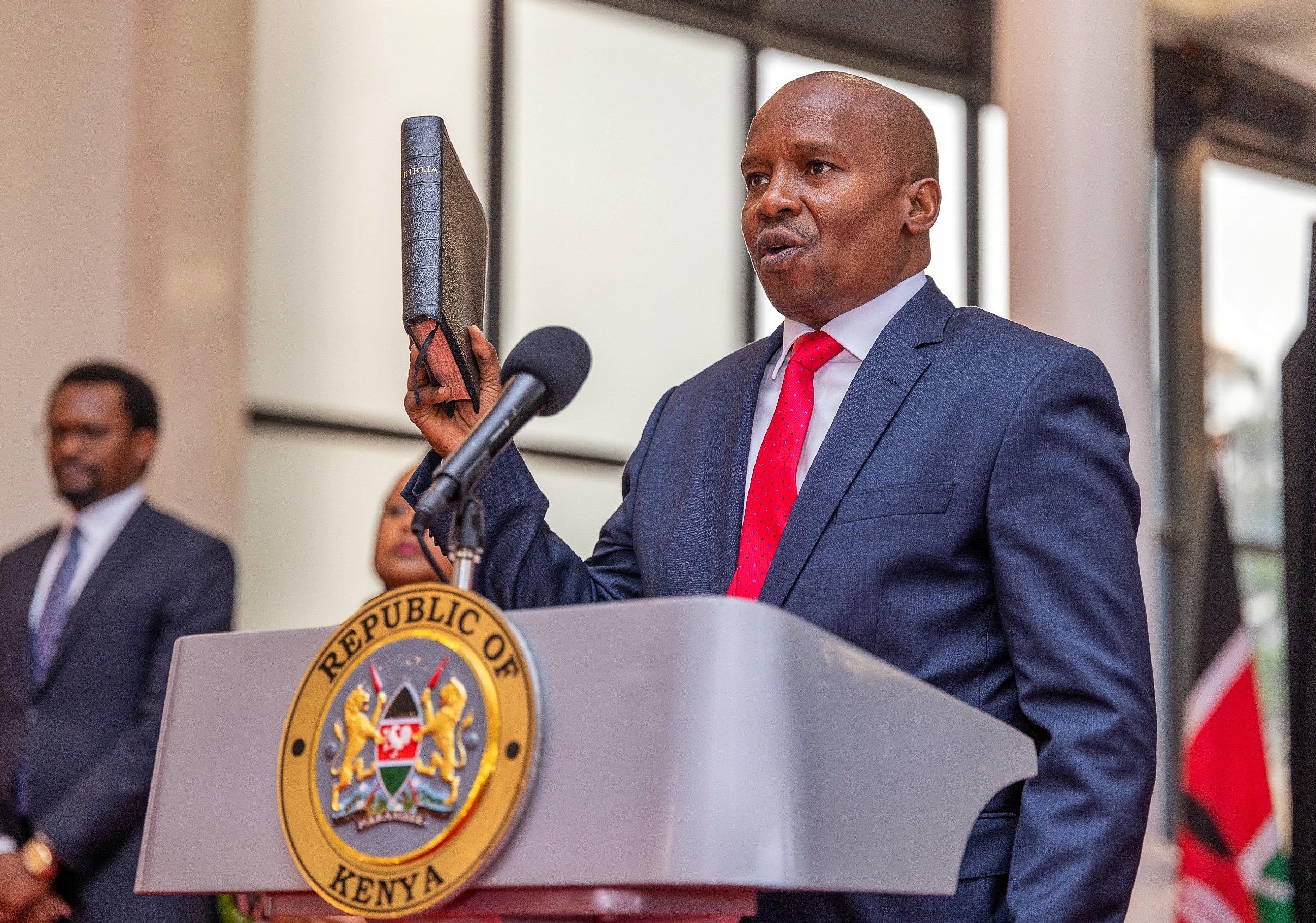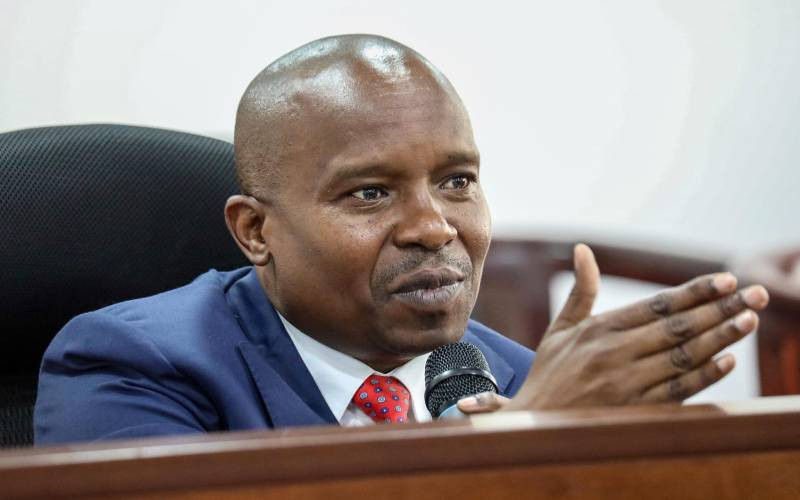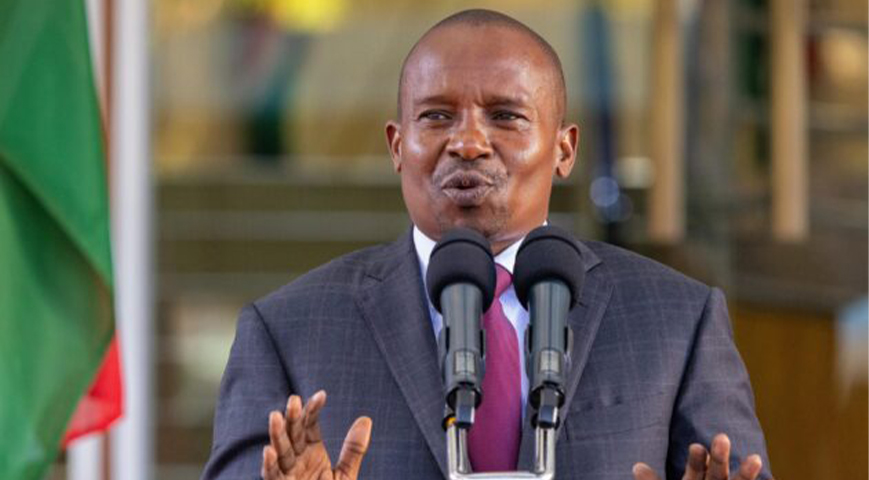Kenyans have vehemently opposed Deputy President Kithure Kindiki's recent remarks suggesting that "national interests" may take precedence over "public interests."
Speaking at the 12th Supreme Court Jurisprudential Conference in Nairobi, Kindiki—who recently assumed office—shared insights he had grappled with during his two-year tenure as Interior Cabinet Secretary.

He urged the judiciary to create mechanisms for balancing public and national interests, suggesting that the latter might be "higher."
Referring to Chapter 238 of Kenya’s 2010 Constitution on national security, Kindiki argued that the judiciary’s focus on public interest could sometimes jeopardize national welfare.
He explained, “I’ve asked myself if the highest interest is public interest or if there is a greater interest, the national interest, as the public itself can sometimes harm national interests.” He questioned whether overarching values are essential to Kenya’s existence beyond public interest, noting that "the public can do wrong things that threaten the state."

Many Kenyans reacted negatively, accusing Kindiki of prioritizing government power over the people's will. Former Nairobi Town Clerk Philip Kisia criticized him, saying, "The only interests that matter are those affecting the everyday citizen; anything else is irrelevant." Economist Reuben Wambui questioned, “Which nation exists outside the public?”
Social commentator Nahashon Kimemia and comedian-activist Eric Omondi also condemned the remarks. Omondi argued that public interest is paramount, as the people are the ultimate sovereigns in a republic. Meanwhile, Gladys Waithaka voiced concern, suggesting that Kindiki’s statements indicate a shift away from democracy.
The backlash followed Kindiki’s recent appointment after former Deputy President Rigathi Gachagua's court battle over impeachment, ultimately leading to Kindiki's swearing-in.









